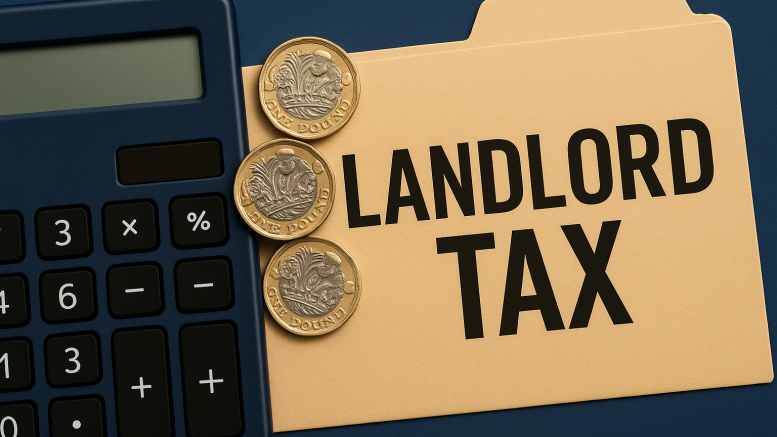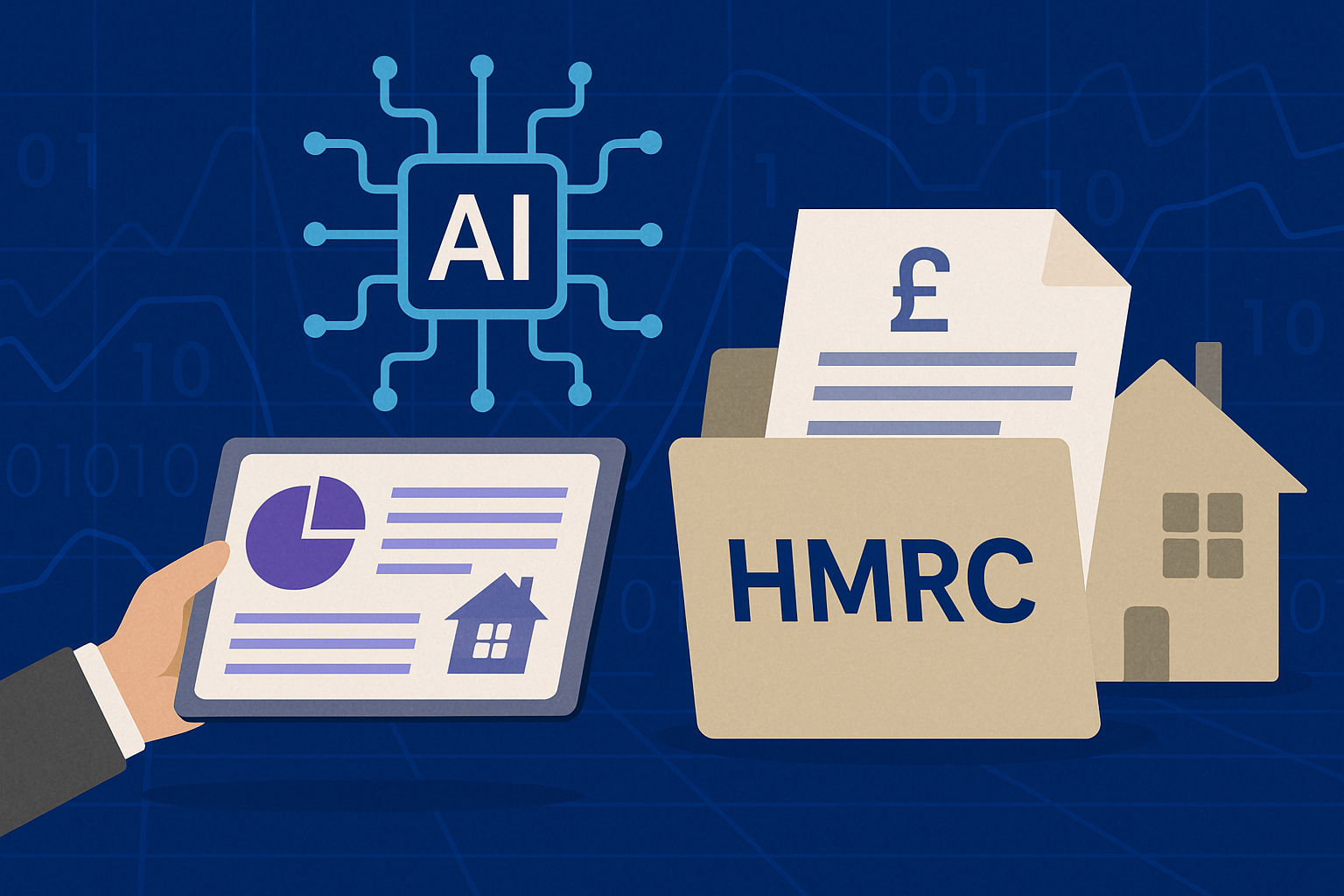UK landlords are being warned to prepare for tighter scrutiny from HMRC following a sharp uptick in enforcement action and new reporting rules set to take effect from April 2026. The renewed focus on the private rented sector comes as the Government seeks to reduce the £39.9 billion tax gap - and is now actively recruiting 5,000 new tax inspectors to strengthen its compliance efforts.
Former HMRC inspector Amit Puri, who now leads London-based Pure Tax, said landlords should take the Let Property Campaign seriously, particularly with Making Tax Digital soon requiring landlords earning over £50,000 per year to submit quarterly digital updates on their income. This upcoming system, Puri warns, will give HMRC “the kind of oversight that will help it pick up rental income that was previously going under the radar.”
South East, London and Birmingham in spotlight
The Let Property Campaign, launched in 2013, was originally expected to recover up to £500 million in unpaid landlord tax in a single year, based on HMRC estimates of non-declared income. However, in over a decade, the scheme has collected just £250 million - well short of its original ambitions.
Puri’s analysis of 2025 data suggests the tax office is now pivoting from voluntary compliance toward more aggressive investigation. “Tax crime prosecutions are at a three-year high,” he said, noting that HMRC tends to concentrate on urban hubs and high-value areas such as London, Leicester, Birmingham, and the South East, where property values - and therefore rental yields - often translate into significant tax liabilities.
These hotspots, he said, are especially exposed: “The highest concentration of undeclared rental income occurs in the South East, London, Leicester, and Birmingham regions,” he explained.
Voluntary disclosure still offers landlords protection
While the tone of enforcement has sharpened, Puri urges landlords not to panic. “Making any kind of tax disclosure to HMRC can be an uncomfortable experience,” he said, “but penalties for voluntary disclosures range from 0% to 35%, compared to up to 100% for those caught during investigations without prior disclosure.”
The Let Property Campaign remains open to landlords who may have fallen behind on declarations - including those letting holiday homes, Airbnb-style short-term lets, and traditional buy-to-lets. Taken together, these rental activities now generate over £44.7 billion annually, making them a major focus of HMRC’s enforcement strategy.
Landlords who act early and disclose voluntarily can often negotiate more manageable penalties - and in many cases, avoid criminal investigations entirely. One Bristol landlord who resolved a backdated holiday let tax issue last year shared: “It wasn’t pleasant, but I worked with an adviser and settled the matter without fines. It’s better to get ahead of it before HMRC contacts you.”
Landlords urged to stay compliant
The message for UK landlords is clear: digital record-keeping and quarterly reporting are no longer optional. As Making Tax Digital expands in 2026, landlords with incomes over £50,000 - and from 2027, those earning over £30,000 - will need to ensure their accounting systems are ready for real-time HMRC visibility.
While the shift may add administrative burden, it also offers clarity and structure for portfolio landlords who already operate professionally. And for those navigating complex letting arrangements or recent portfolio growth, now is the time to take stock.
This renewed tax focus isn’t necessarily bad news for compliant landlords - if anything, it levels the playing field and reinforces the value of professional standards. With new digital tools, voluntary disclosure routes, and expert support available, landlords who operate transparently can continue investing with confidence.








